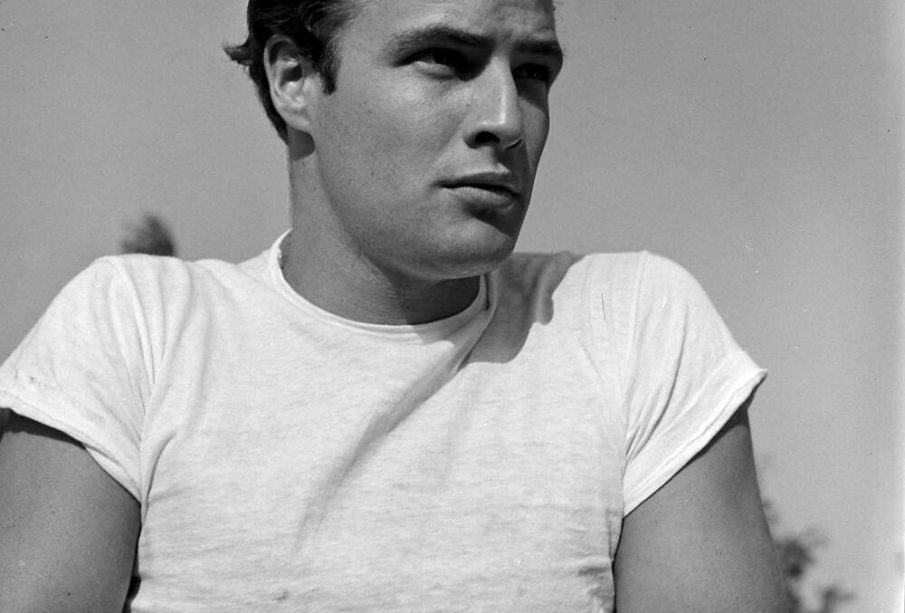The Enduring Influence of Marlon Brando on Film and Culture

Introduction
Marlon Brando, an iconic figure in the world of cinema, is widely regarded as one of the greatest actors of all time. His innovative approach to acting, particularly the technique of method acting, transformed the landscape of performance art and paved the way for a new generation of actors. Brando’s ability to convey deep emotional truth resonated with audiences worldwide, making his contributions to film and culture both significant and lasting.
Brando’s Revolutionary Acting Style
Born on April 3, 1924, in Omaha, Nebraska, Marlon Brando began his career on the stage, where he honed his craft before moving to film. His breakout role in “A Streetcar Named Desire” (1951) showcased his unique talent for bringing complex characters to life, solidifying his status as a leading actor. He later starred in cinematic classics such as “The Godfather” (1972) and “On the Waterfront” (1954), earning multiple Academy Awards and acclaim for his powerful performances.
Brando’s commitment to realism and emotional authenticity was unprecedented. He was known for immersing himself deep into his roles, often drawing from personal experiences to create a more relatable portrayal. This method acting style not only influenced his peers but also left a mark on modern acting techniques, as many actors continue to adopt similar approaches in their performances.
Brando’s Impact on Society and Culture
Beyond his film accolades, Brando was a cultural icon who used his platform for activism. He famously refused to accept the Academy Award for Best Actor in 1973 as a protest against Hollywood’s portrayal of Native Americans. This act highlighted the ongoing issues of representation and culture in film, demonstrating the power of celebrity to effect change.
Conclusion
Marlon Brando’s legacy is not only encapsulated in his celebrated films but also in the profound impact he had on acting and cultural discourse. As the film industry continually evolves, Brando’s contributions remain a reference point for aspiring actors and filmmakers. His ability to challenge societal norms and push boundaries accentuates the importance of authenticity in art. Given the complexities of modern cinema, Brando’s approach to characterisation and storytelling will continue to inspire future generations, ensuring that his influence endures long after his passing.









